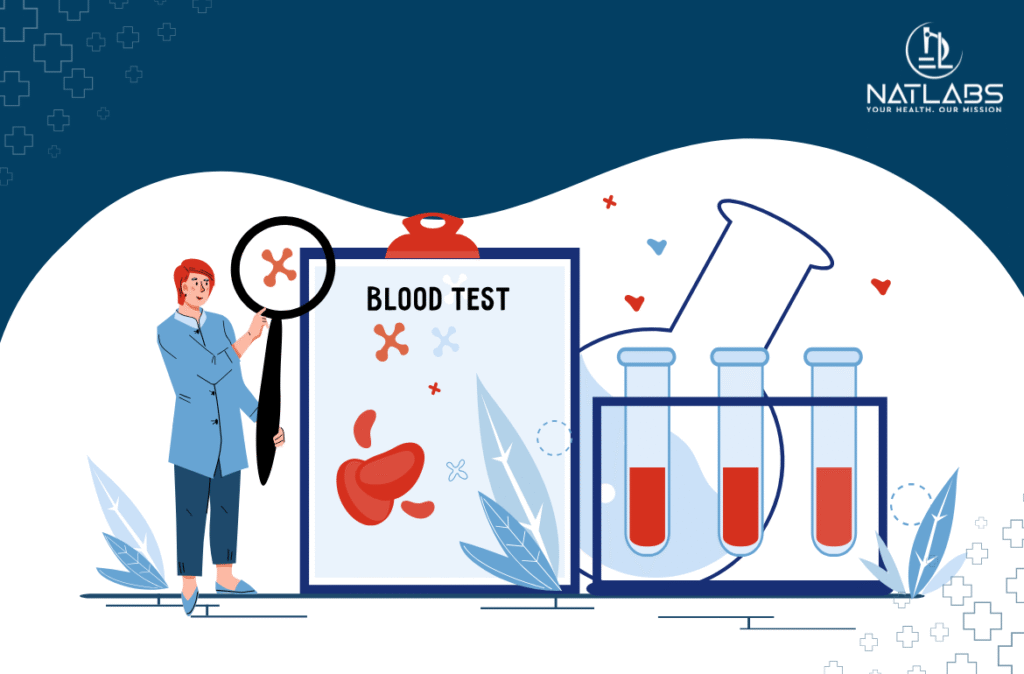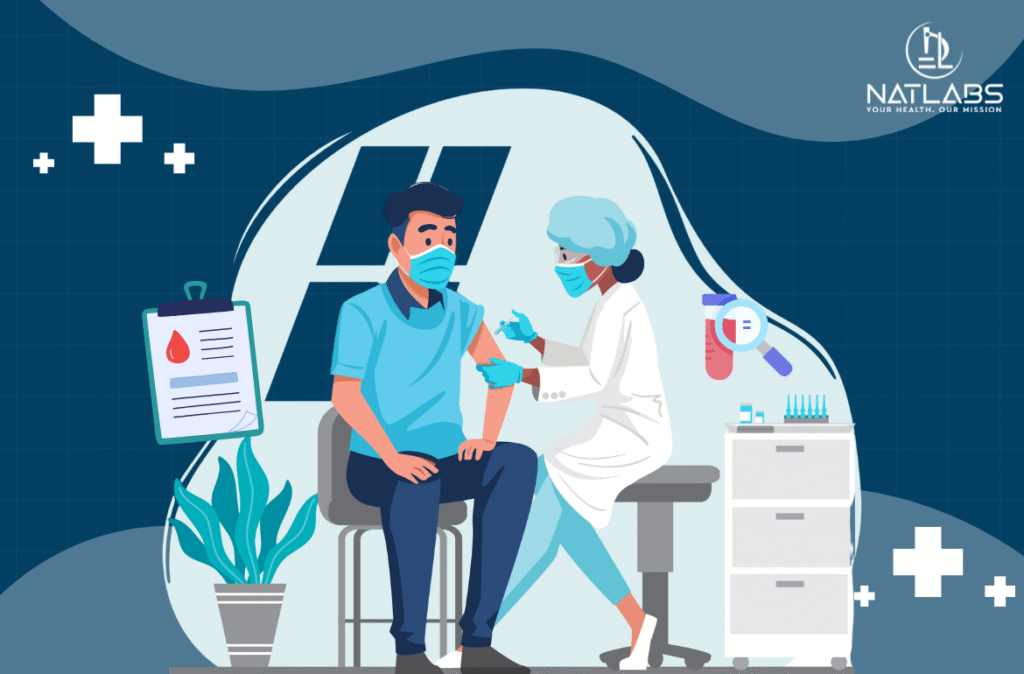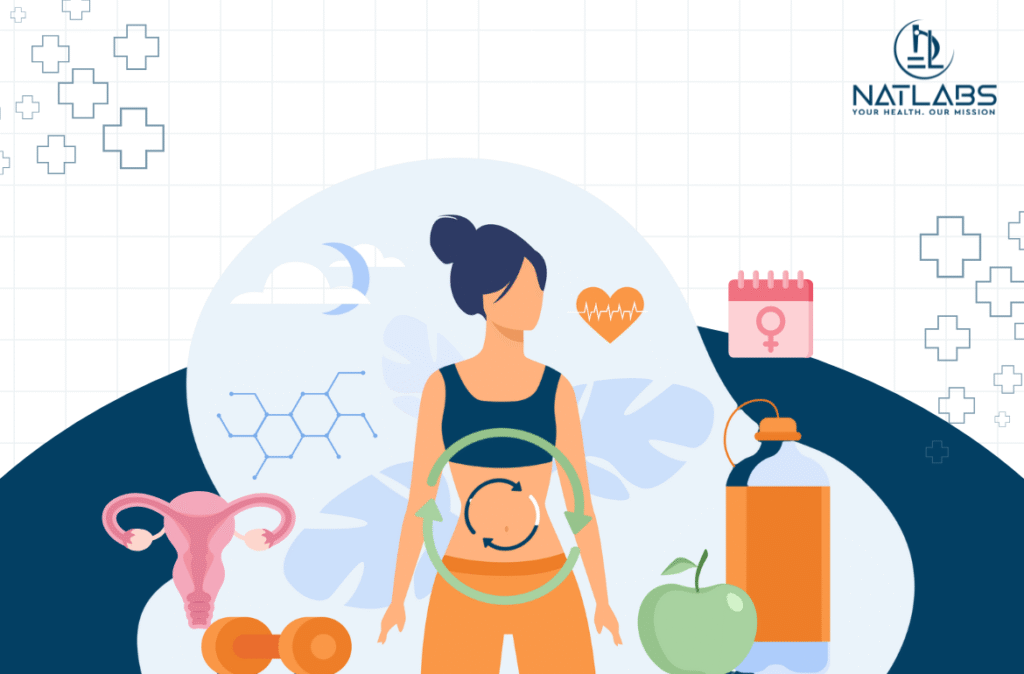How to Prepare for Your Next Diagnostic Test: Tips for Accurate Results
Getting a diagnostic test scheduled is often just the first step—proper preparation is what ensures your results are accurate, reliable, and truly helpful for your healthcare decisions. Whether you’re planning your annual health check-up, monitoring a chronic condition, or investigating concerning symptoms, a little preparation can make all the difference between results that guide effective treatment and ones that require retesting. For many Indians, the healthcare experience can feel overwhelming, particularly when navigating different requirements across various tests and laboratories. Understanding how to prepare properly not only improves the accuracy of your results but also makes the entire process smoother and less stressful for you and your family. Understanding Your Test: The Foundation of Good Preparation Every diagnostic test has its own set of requirements, and these can vary significantly between different types of examinations. The most important first step is ensuring you fully understand what your specific test requires. When your doctor orders tests, don’t hesitate to ask questions about preparation requirements. Many Indian patients feel reluctant to take up their doctor’s time with questions, but understanding preparation requirements is crucial for accurate results. Ask specifically about fasting requirements, medication adjustments, dietary restrictions, and timing considerations. Most diagnostic centres provide detailed preparation instructions either verbally, in writing, or through digital platforms. Take time to read these carefully, and if you’re unsure about any aspect, contact the facility directly for clarification. Many labs now offer WhatsApp support or telephone helplines specifically to address preparation questions. Fasting Requirements: Getting It Right Fasting tests remain among the most common diagnostic procedures, yet they’re frequently done incorrectly due to misunderstandings about the requirements. When Fasting Is Required: Blood glucose tests, lipid profiles (cholesterol), and certain hormone assessments typically require 8-12 hours of fasting. Some specialised tests may require longer fasting periods, so always confirm the exact duration needed. Understanding True Fasting: During fasting periods, only plain water is permitted. This means no tea (a particular challenge for many Indians who start their day with chai), no coffee, no fruit juices, no chewing gum, and certainly no food. Even sugar-free gum or mints can affect certain test results. Medication Considerations: This area requires careful attention, particularly for Indian patients who may be taking multiple medications for conditions like diabetes, hypertension, or heart disease. Never stop taking prescribed medications without explicit instruction from your doctor. Some medications need to be continued even during fasting, whilst others may need to be temporarily paused. When in doubt, contact your healthcare provider for specific guidance. Special Considerations: If you’re diabetic and taking insulin or other glucose-lowering medications, discuss fasting requirements carefully with your doctor. The timing of medication and testing may need special coordination to avoid dangerous blood sugar fluctuations. Medication and Supplement Management Indians often take a variety of medications, supplements, and traditional remedies that could potentially affect test results. Complete transparency about everything you’re consuming is essential for accurate interpretation. Create a comprehensive list including prescription medications, over-the-counter drugs, vitamin supplements, herbal remedies, and any Ayurvedic or traditional preparations you’re using. Many patients forget to mention “natural” supplements, but these can significantly impact certain test results. Biotin supplements, for example, can interfere with thyroid function tests. Iron supplements can affect certain blood parameters. Even common remedies like turmeric supplements or traditional kashayams (herbal decoctions) might influence specific tests. Only adjust or stop medications if specifically instructed by your healthcare provider. Self-directed changes to medication schedules can be dangerous and may also invalidate your test results. Dietary and Lifestyle Factors What you eat and drink in the days leading up to your test can significantly impact results, even for non-fasting tests. Alcohol Considerations: Avoid alcohol for at least 24-48 hours before liver function tests, as it can temporarily elevate liver enzymes. For lipid profiles, alcohol abstinence for 24 hours is typically recommended. Dietary Impact: Heavy, fatty meals can affect lipid profiles even beyond the immediate fasting period. If you’re having cholesterol testing, try to maintain your usual diet in the days leading up to the test rather than suddenly changing eating patterns. Hydration Matters: Unless specifically instructed otherwise, maintain good hydration by drinking adequate water. This is particularly important in India’s climate, where dehydration is common. Proper hydration ensures adequate blood volume for collection and can affect kidney function parameters. Caffeine and Nicotine: Both can temporarily affect blood pressure, heart rate, and certain hormone levels. If you’re having cardiovascular assessments or stress hormone testing, consider reducing or eliminating these substances before testing. Timing Your Tests Strategically Morning Advantage: Many blood tests are best performed in the morning when hormone levels and other parameters are at their most stable baseline levels. Cortisol, testosterone, and growth hormone all follow circadian rhythms that make morning testing more accurate. Menstrual Cycle Considerations: For women having hormone testing, the timing within your menstrual cycle can be crucial. Tests for reproductive hormones, particularly those assessing fertility or diagnosing conditions like PCOS, often need to be timed to specific cycle days. Seasonal Factors: In India’s diverse climate, seasonal considerations might affect certain tests. Vitamin D levels, for example, might vary between monsoon and winter seasons due to sun exposure differences. Physical Activity and Stress Management Exercise Impact: Vigorous physical activity can temporarily alter various blood parameters including muscle enzymes, blood sugar levels, and certain hormones. Avoid intense workouts for 24 hours before testing, but continue your normal daily activities. Stress and Anxiety: The stress of medical procedures itself can affect results, particularly blood pressure, heart rate, and cortisol levels. Practice relaxation techniques, arrive early to avoid rushing, and communicate any anxiety to the healthcare staff. For many Indian patients, diagnostic tests can trigger significant anxiety, particularly if English isn’t their primary language or if they’re unfamiliar with medical procedures. Most quality diagnostic centres now offer multi-lingual support and patient-friendly environments to reduce stress. Imaging Test Preparations Clothing Choices: Wear comfortable, loose-fitting clothes without metal components. Traditional Indian clothing like cotton kurtas often work well for many imaging procedures. Avoid wearing jewellery, including religious




